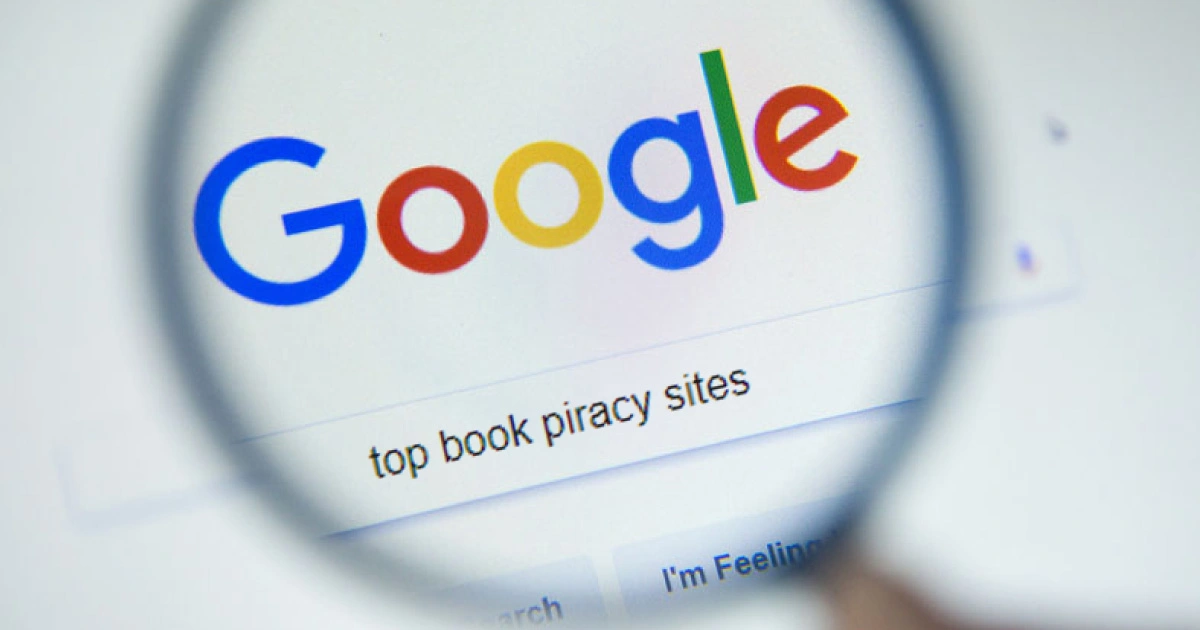
Lost Royalties from eBook Piracy: Should Authors Fight Back?
Authors, graphic novel creators, and publishers worldwide alternately feel helpless and frustrated to find that within days of their new eBooks’ releases, they are already available as free, downloadable PDFs on eBook piracy sites. The first two weeks of any eBook launch are critical to sales and could determine if the second book (if in a series of three books) ever gets published. Piracy is a financial hit job. More than $300 million in publisher income is lost annually in online piracy, per the Authors Guild’s presentation last summer at Book Expo. The UK Intellectual Property Office’s latest study showed 17% of eBooks read online were pirated—about 4 million eBooks.
eBook Burglars Abound
A quick Google search for top book piracy sites
brought up more than 25 million results. Reddit, that vast bastion of Subreddits rife with legally questionable shortcuts, has innumerable eBook torrent recommendations. An estimated 98.8% of the data transferred via P2P networks is copyrighted, probably because 70% of online users surveyed found nothing wrong in online piracy. Most pirates are from a higher socio-economic group between ages 30 and 60.
In 2011 when Eric Schmidt was still Google’s executive chairman, he told London journalists that Google would defy attempts to restrict access to Pirate Bay and other cyberlocker sites that encourage illegal downloading. Said Schmidt, If there is a law that requires DNSs to do X and it’s passed by both houses of Congress and signed by the President of the United States and we disagree with it, then we would still fight it. If it’s a request, the answer is, we wouldn’t do it; if it’s a discussion, we wouldn’t do it.
Bestselling Authors Opine on eBook Piracy
New York Times bestselling romance author Alessandra Torre wrote a blog about piracy in which she estimated it would cost a professional $750 to $2,000+ to erase an author’s eBooks from 99% of the pirate sites, plus an ongoing fee after that. Torre used Blasty.com in the past to fight eBook piracy, but that service ended in May of 2019. However, she is ambivalent. I’m fairly laid back about pirates. I don’t believe that readers who pirate are going to buy books. They aren’t going to do it. If they don’t find your books on their sites, they’ll hunt harder, then they’ll read something else. They don’t give up on piracy and decide to start paying for books. So, pirates are already 'lost' to me in terms of income potential. With that said…there’s the possibility that one of them will read my books and recommend them to a paying customer. And a pirate may leave a review on Goodreads, which might convince a paying customer to purchase it. Those two possibilities have helped me bury my head in the sand and pretend pirates don’t exist.
However, there is still one service out there that authors are using to fight back. Blasty.com’s competitor, PageAngels.com, describes its service as anti-piracy personal assistants, promising to kill illegal book links. For the first two weeks of an book release PageAngels.com charges $150 to act on behalf of the author as their DMCA (Digital Millennium Copyright Act) agent, issuing takedown notices/requests on the author’s behalf and finding the active piracy sites stealing the author’s copyright. To protect an author’s book series back list, PageAngels.com offers 3-month plans for 8 titles at $750, up to protection for 24 back titles at $1,750.
Science fiction and fantasy New York Times bestselling author Kevin J. Anderson mirrors Torre’s feelings on the matter. I dislike the pirates on principle, and early on I spent a lot of time and energy playing whack-a-mole to take down unauthorized bit-torrent sites. But I only have so much time and energy, and I realized that any reader who would go hunting for an illegal, sloppily scanned copy of my novel on a pirate site is a reader who would NEVER pay for the book anyway, so it’s not as if I’m actually losing sales. Readers who get their reading material from used bookstores or libraries don’t generate any royalty income for the author either. Should I also rail against used bookstores and libraries? In the bigger picture, I can always hope that I gain more readers that way, and they might tell a friend or spread the word. My focus should be on writing new books to the best of my ability.
But bestselling American fantasy author Maggie Stiefvater was adamant that she lost significant income when the eARC (electronic advanced release copy) of the third book in her four-part Raven Cycle novel series went viral online. To quantify her lost sales, she and her brother set a trap. Together, they created an incomplete eARC that had the first four chapters repeated over and over again, with a message discouraging eBook piracy. They populated sites and forums with it. Stiefvater recalled, The effects were instant. The forums and sites exploded with bewildered activity. And asked if anyone had managed to find a link to a legit PDF. Dozens of posts appeared saying that since they hadn’t been able to find a PDF, they’d been forced to hit up Amazon and buy the book. And we sold out of the first printing in two days.
The final chapter to Stiefvater’s story doesn’t have the classic happy ending. Sadly, due to the leaked eARC from her third book, sales on the third book were less than half. This resulted in the cancellation of the planned Raven Cycle hardcover box set.
In short, piracy hurts us all…the fans, the publishers and the authors.
